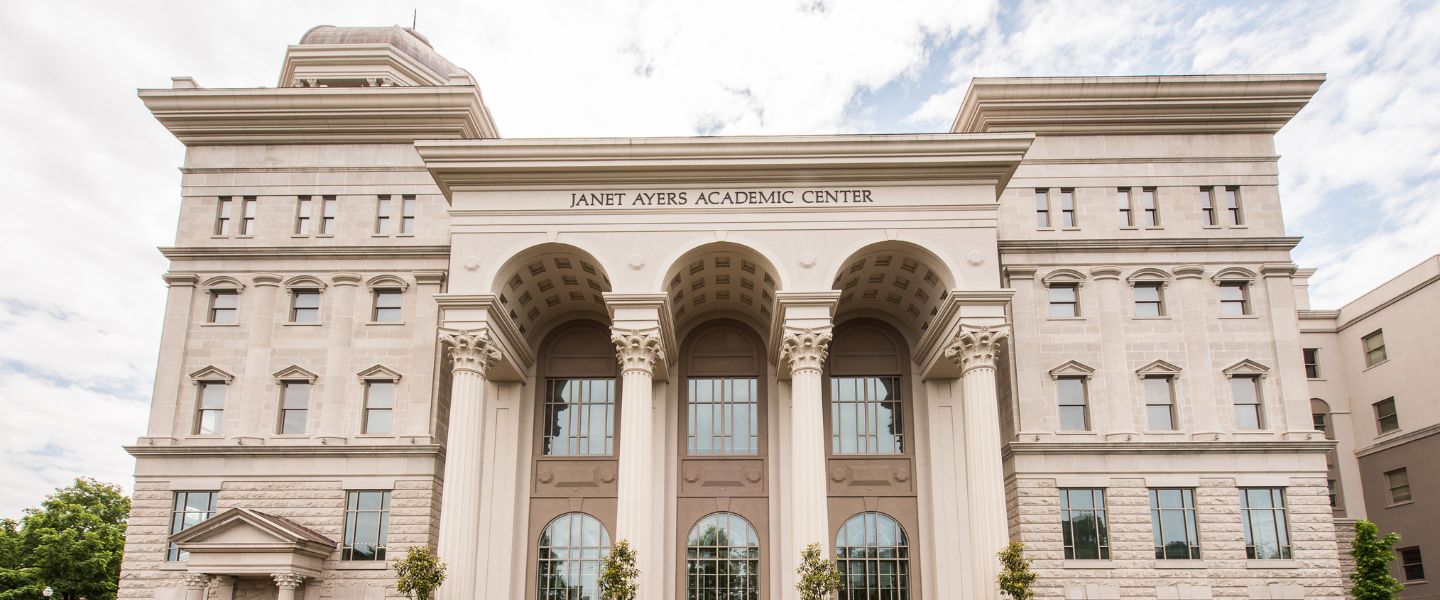Through an exclusive partnership between Belmont’s College of Sciences and Mathematics (CSM) and The Faraday Institute for Science and Religion, CSM students can dive deeper into the intersection between religion and science while studying abroad. Belmont is one of three universities in the United States that offers this international venture in tandem with the prestigious institution located in Cambridge, England.
Program participants become members of the Lucy Cavendish College, one of 31 constitute colleges of Cambridge University. Upon completion of the program, they receive a certificate of competition issued by the Cambridge Theological Federation.
“We started this program to offer a study abroad experience that allows students to immerse themselves in the experience of a Cambridge undergraduate education with an interdisciplinary introduction to science and religion,” said Dr. Linda Jones, associate dean of CSM. “I sincerely wish that every student could experience how other people interact in the world, broadening their understanding of culture and its impact on ways of being.”
In addition to being fully submersed in a new culture outside the classroom, students are also exposed to a new way of teaching, learning and approaching academics.
“This program will truly test and push our students in terms of learning,” added Jones. “Classes are taught European-style, tutors meet with three-to-five students weekly and lots of writing is involved. But the faculty are top-notch in their field of study. Students should take advantage of this opportunity for the history, the rigor and the city.”
 This past spring, junior psychology student Gwen Butler was the inaugural Belmont participant in the Cambridge program.
This past spring, junior psychology student Gwen Butler was the inaugural Belmont participant in the Cambridge program.
“It was a dream of mine to attend Cambridge growing up, so it felt very surreal to study there,” said Butler. “Cambridge is an intercultural hub and I interacted with people of different ages and identities from all over the world. I never had such rich conversations with people from vastly different backgrounds than myself, which was so eye-opening.”
The coursework at The Faraday does not teach science and religion as separate topics, but rather showcases how aspects of science coexist with theological ideas. Classes offered include Creation & Evolution, Cognition & Faith and Understanding Trauma & Pastoral Care.
“I got to study the Christian faith more, but in a unique way, as it is always studied in tandem with a scientific topic,” added Butler. “It also strengthened my communication and critical thinking skills in many ways, which will be important for future professional endeavors.”

